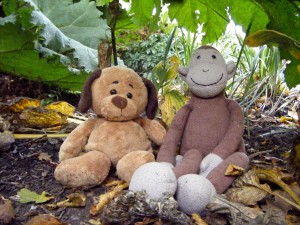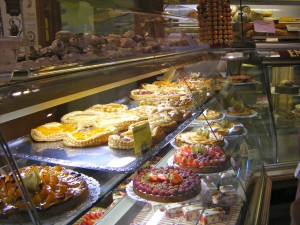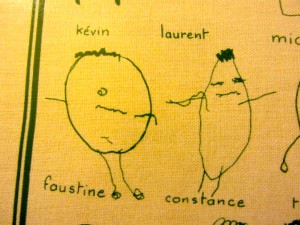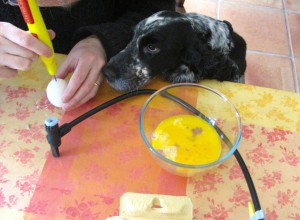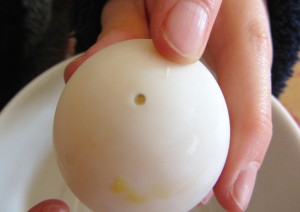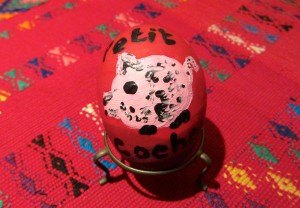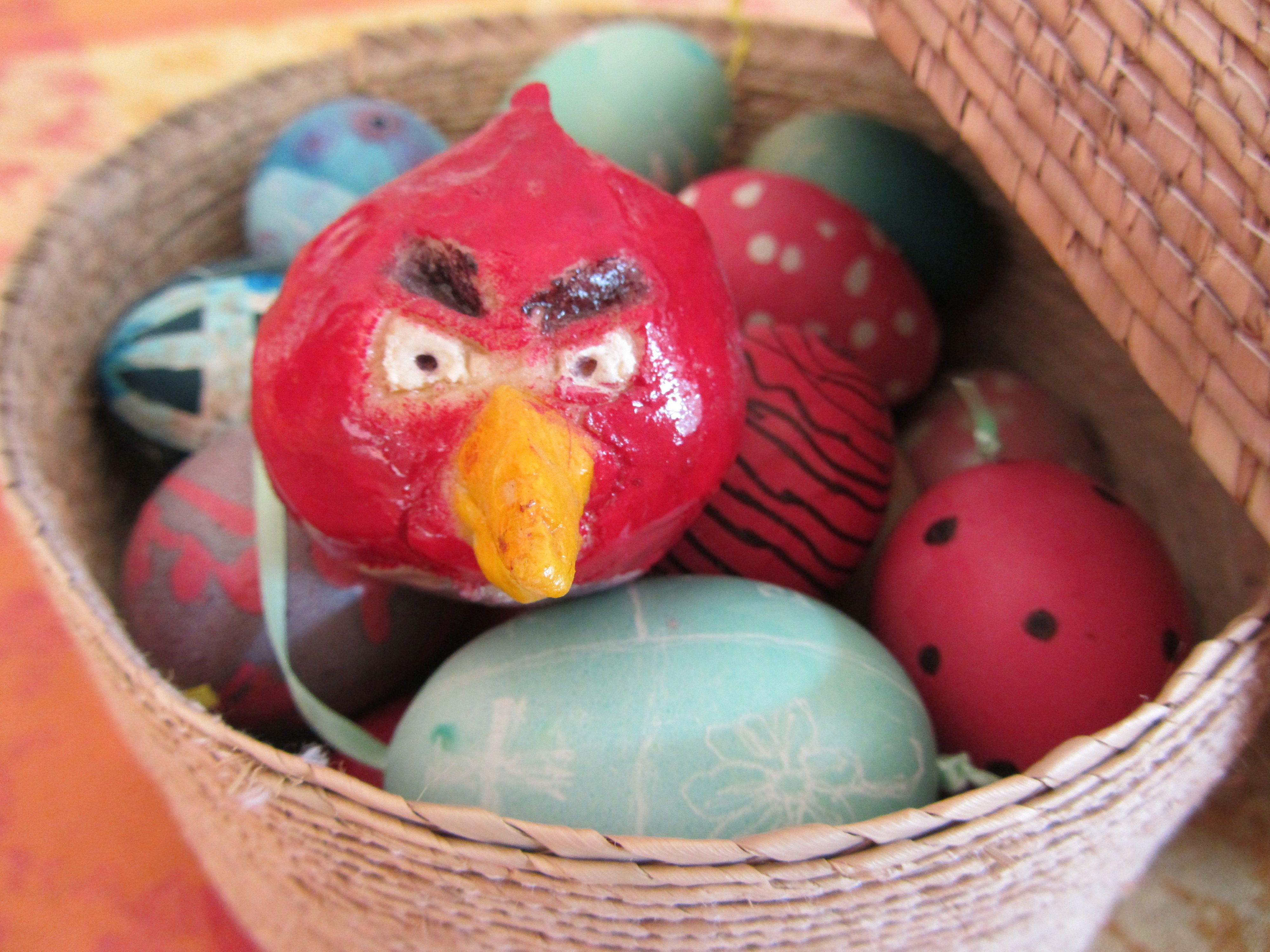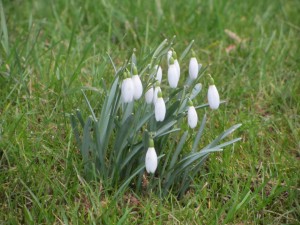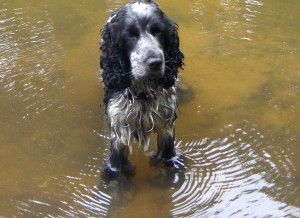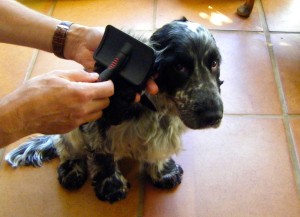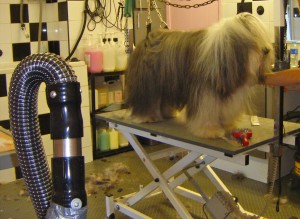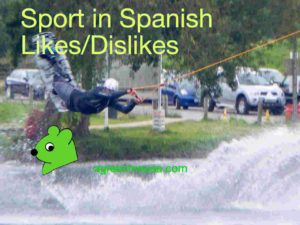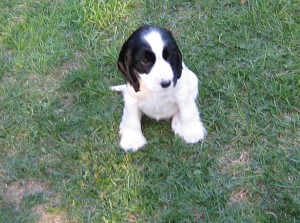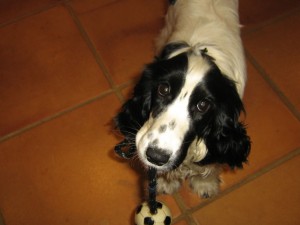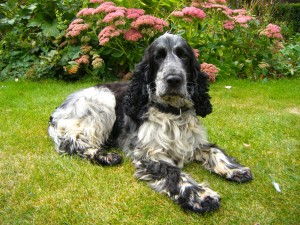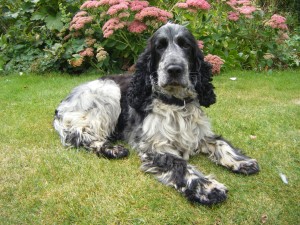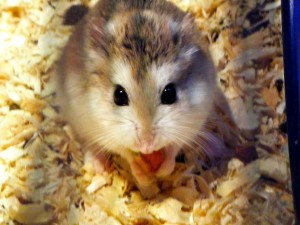KS3 French – Modal Verbs
Vouloir = to want
Pouvoir = to be able to
Devoir = to have to, must
Je veux, je peux, je dois …
I want, I can, I must …
Modal verbs always go with another verb in the infinitive:
Je VEUX gagner! I want to win
JE PEUX jouer I can play
Je DOIS marquer un but!
I must score a goal!
Learn the present tense of Vouloir, pouvoir and devoir.
Watch these verbs being used in a subtitled video clip of a football game being played on a playstation.
Video Transcript, Worksheet, + Online Quiz
Video
Worksheet
Video Transcript in French:
Je veux, je peux, je dois …
Je veux, je peux, je dois marquer un but!
Je veux jouer sur mon PS3.
Tu ne peux pas jouer.
Tu dois faire tes devoirs!
Je dois faire mes devoirs!
Quand est-ce que je peux jouer?
Oui, quand est-ce qu’il peut jouer?
Il peut jouer après ses devoirs.
Ça y est! Vous pouvez jouer!
Nous pouvons jouer!
Nous voulons gagner!
Peut-il marquer un but?
Non, il ne peut pas!
Je veux jouer encore!
Allons-y!
Je veux, je peux, je dois … marquer un but!
Les joueurs veulent gagner.
Les joueurs peuvent gagner.
Les joueurs doivent gagner.
Les joueurs peuvent gagner!
Oh non ..!
Online Quiz
This quiz is also available on its own separate page here:
French Modal Verbs Quiz
Translation Practice English to French:
1. I want to play on my playstation
…
2. You cannot play. You must do your homework.
…
3. He can play after his homework.
…
4. We want to play. We want to win.
…
5. You (plural) can play.
…
6. I want to, I can, I must score a goal!
…
7. The players can win!
– – – – –
PRESENT TENSE:
1. VOULOIR:
Je veux I want
tu veux you want
il/elle/on veut he/she/one wants
nous voulons we want
vous voulez you(plural) want
ils/elles veulent they want
2. POUVOIR:
je peux I can
tu peux you can
il/elle/on peut he/she/one can
nous pouvons we can
vous pouvez you(plural) can
ils/elles peuvent they can
3. DEVOIR:
je dois I must
tu dois you must
il/elle/on doit he/she/one must
nous devons we must
vous devez you(plural) must
ils/elles doivent they must


